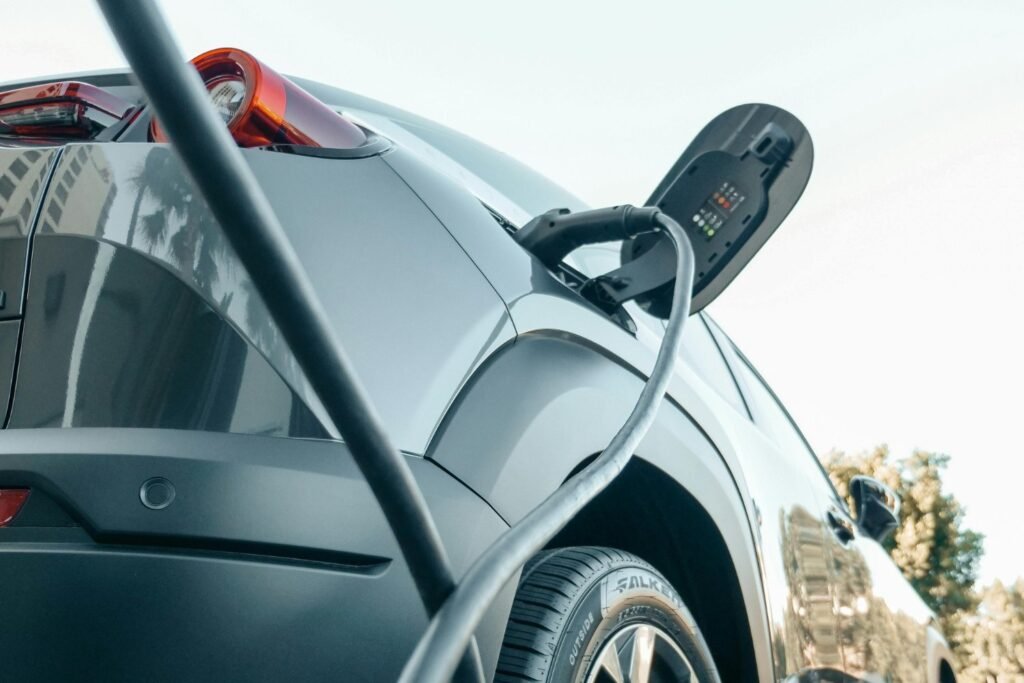China responds strongly to EU tariffs: the blow to Germany and luxury car imports

China Strikes Back: Tariffs on High-Cylinder Cars and More
In a move that threatens to escalate trade tensions, China has announced that it is considering imposing new tariffs on high-cylinder gasoline cars from Europe. This announcement comes just days after the European Union approved definitive tariffs on electric vehicles imported from China, despite pleas from countries like Germany and Spain to avoid this measure. The main target of this retaliation is German brands such as Mercedes, BMW, and Volkswagen, which rely heavily on the Chinese market for their high-end models.
Tariffs on European Products: Brandy and Pork in the Crosshairs
China is not only focusing its response on luxury cars. The country has already imposed temporary tariffs of 39% on brandy imported from the European Union, mainly affecting France, one of the main drivers behind the tariffs against China. Renowned brands such as Hennessy and Rémy Martin will be affected by these measures, which Beijing justifies as a response to the sale of brandy at allegedly unusually low prices.
Furthermore, Chinese authorities are considering increasing tariffs on pork imported from the EU, which would severely impact Spain, the main supplier of this product to China. In 2023 alone, Spain exported over 1.223 billion euros in pork products to the Asian country, which could be at risk if the measures move forward.
The Impact on Germany and Ongoing Negotiations
The possible imposition of tariffs on high-cylinder cars would heavily affect German manufacturers, who exported over $1.2 billion in high-end vehicles to China last year. This market is crucial for brands like BMW and Mercedes, which depend on sales in China for their most exclusive models.
With negotiations still ongoing, the Chinese government appears to be using these measures as a pressure mechanism for Brussels to reconsider its stance on tariffs on electric vehicles. However, the European Commission maintains its position that these measures are necessary to maintain fair competition, and the tariffs are set to take effect on October 31, with a duration of five years.
The Escalation of the Trade War
The conflict between China and the European Union has reached a new level of tension, with repercussions extending beyond the automotive sector. With tariffs on electric cars already in place and China considering additional measures, the situation could worsen if an agreement is not reached in the coming weeks. The consequences for the European industry, especially for Germany, are significant, and discussions will continue as both parties try to avoid a full-blown trade war.




